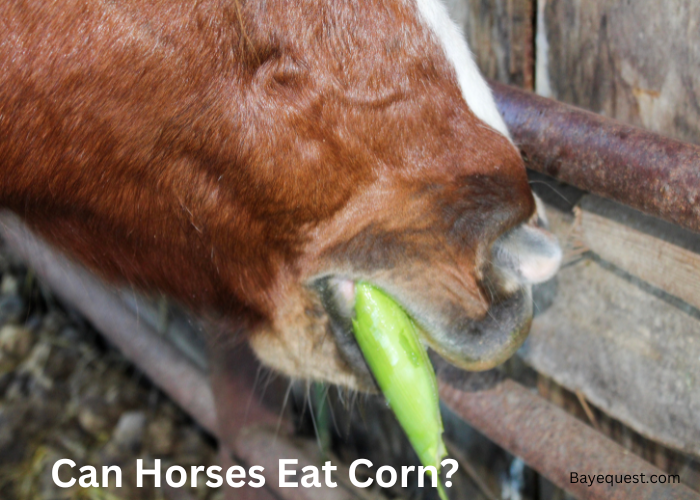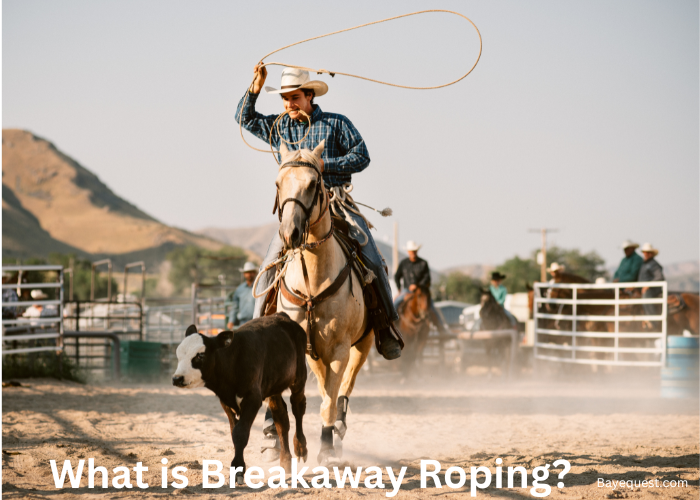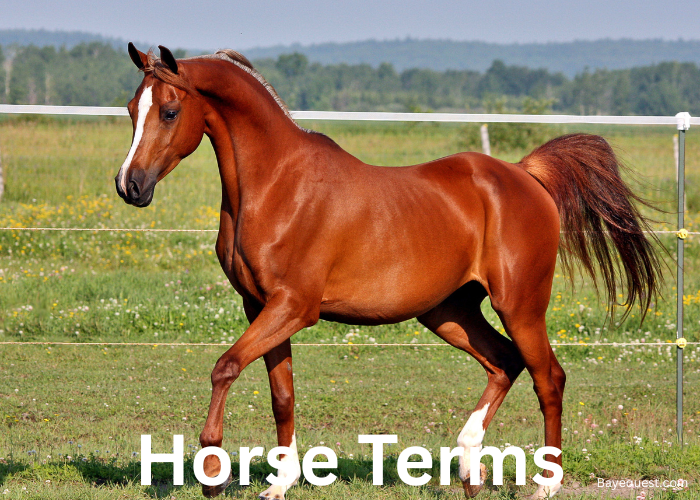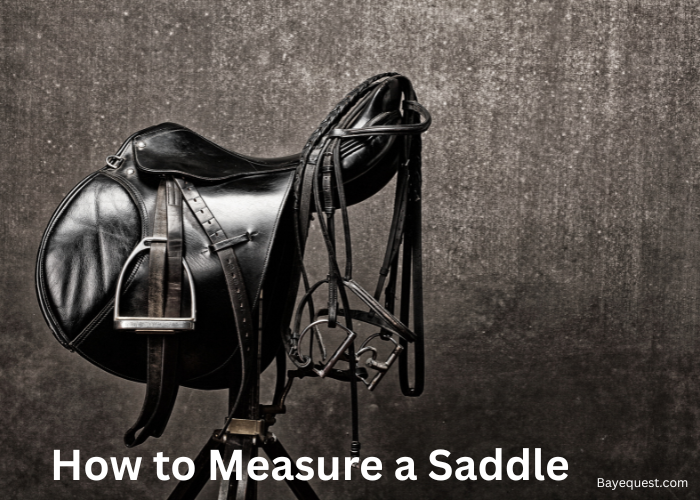Corn has long been a staple in many animal diets, but when it comes to horses, there’s plenty of debate.
Some say it’s a great source of energy, while others argue it’s not the best choice. So, where does corn truly stand in a horse’s diet?
This post dives into the benefits, potential risks, and what you should know before feeding corn to your equine friend.
Discover if corn is the right fuel for your horse’s health and performance – and when it might be better left off the menu.
Can Horses Eat Corn? Key Takeaway
Yes, horses can have corn, but in moderation. Corn provides high energy but must be limited to 20% or less of the diet to avoid digestive issues. Always ensure corn is mold-free, as moldy corn can be harmful. Properly balanced, corn can be a safe, energy-dense addition to a horse’s diet.
Is Corn Good for Horses?
Corn is good for horses, but it comes with considerations.
It’s rich in energy, which can be great for hardworking horses. It’s tasty, too, so most horses love it.
But there are a few things to watch out for.
First, corn has a lot of starch. Too much starch can mess with a horse’s digestion.
It can cause colic or even laminitis, which are serious problems. So, you need to feed corn in moderation.
Corn is also high in calories. If your horse isn’t active, it might gain too much weight, which is not good either.
There’s also the risk of mycotoxins, toxins that fungi produce. Corn can sometimes be contaminated with these; they’re bad news for horses.
Make sure you’re getting your corn from a reliable source.
If you decide to feed corn, mix it with other feeds. This helps balance out the nutrients. Always start with small amounts to see how your horse reacts.
In short, corn can be a part of your horse’s diet, but it needs to be given carefully. Always watch how your horse responds and consult your vet if unsure.
Understanding Equine Digestive System
Horses have a unique digestive system. It starts with their mouth, where they chew food thoroughly.
They have small stomachs, so they can’t eat much at once. This is why horses graze throughout the day instead of having big meals like we do.
Next, food moves to the small intestine, where most nutrients are absorbed. It’s a long, winding tube that does important work.
But it doesn’t handle starch well. Too much starch, like that in corn, can cause problems.
After that, the food goes to the large intestine, which includes the cecum.
This is like a big fermentation vat, breaking down fiber and other tough stuff.
If food gets here without being digested properly, it can cause gas, colic, or even more serious issues.
That’s why feeding horses the right kinds and amounts of food is crucial.
Their system works best with a steady fiber supply, such as hay or grass, and less starchy food.
Can Horses Eat Corn on the Cob?
Yes, horses can eat corn on the cob, but there are a few things to remember.
Corn on the cob is a tasty horse treat; many love it. But you need to ensure the pieces are small enough to prevent choking.
Feeding whole cobs can be risky. Horses might try to swallow big chunks, which can get stuck.
Cutting the corn off the cob or breaking it into smaller, manageable pieces is safer.
Also, remember that corn is high in starch. Too much starch can upset a horse’s digestive system.
So, corn on the cob should be an occasional treat, not a regular part of their diet.
Always watch your horse to see how they handle it, and consult your vet if you’re unsure.
Can Horses Eat Corn Cob?
No, horses shouldn’t eat corn cobs. The cobs are tough and can be hard for them to chew and digest.
If a horse tries to swallow big pieces, it can cause choking or get stuck in their digestive tract.
While they might nibble on the cob, it’s best to avoid giving it to them. Instead, feed them just the corn kernels.
Always make sure the pieces are small enough to prevent any risk of choking.
Can Horses Eat Corn Husks?
Yes, horses can eat corn husks, but they’re not nutritious. Corn husks are mostly fiber and don’t offer much nutrients.
However, they can be a fun treat for horses to munch on.
If you give your horse corn husks, ensure they’re clean and free of pesticides or chemicals.
Horses can chew them up pretty easily, but you need to cut them into smaller pieces to prevent any choking hazard.
While corn husks are safe, they shouldn’t be a big part of your horse’s diet. Treat them as an occasional snack, not a staple.
Always watch how your horse reacts, and consult your vet if you have any concerns.
Can Horses Eat Corn Stalk?
Yes, horses can eat corn stalks, but they’re not nutritious. Corn stalks are mostly fiber, similar to hay, but they don’t provide much energy or nutrients.
They can be a good source of roughage, though.
If you decide to feed corn stalks to your horse, make sure they are clean and free from mold or pesticides.
Cut them into smaller pieces to prevent any choking risk. Horses can chew them up, but making them manageable is always safer.
Corn stalks should only be an occasional snack or supplement, not a primary food source.
Can Horses Eat Corn Kernels
Yes, horses can eat corn kernels. Corn kernels are a popular feed option because they are high in energy.
Horses usually find them tasty, which makes them a great treat or supplement.
However, you need to feed corn kernels in moderation. They are high in starch, which can cause digestive issues if given in large amounts.
Too much starch can lead to colic or laminitis.
Introduce corn kernels slowly and mix them with other feeds to balance the diet. Make sure the kernels are clean and free from mold or contaminants.
Read also: Can Horses Eat Meat?
Nutritional Profile of Corn
Here’s a table providing an overview of the nutritional content found in corn.
| Nutrient | Amount per 100g |
| Calories | 365 kcal |
| Carbohydrates | 74.26 g |
| Starch | 64.02 g |
| Sugars | 0.64 g |
| Protein | 9.42 g |
| Fat | 4.74 g |
| Fiber | 7.3 g |
| Calcium | 7 mg |
| Iron | 2.71 mg |
| Magnesium | 127 mg |
| Phosphorus | 210 mg |
| Potassium | 287 mg |
| Sodium | 35 mg |
| Zinc | 2.21 mg |
| Vitamin C | 0 mg |
| Thiamin (B1) | 0.385 mg |
| Riboflavin (B2) | 0.201 mg |
| Niacin (B3) | 3.627 mg |
| Vitamin B6 | 0.622 mg |
| Folate (B9) | 19 µg |
| Vitamin A | 214 IU |
| Vitamin E | 0.49 mg |
| Vitamin K | 0.3 µg |
Benefits of Feeding Corn to Horses
Corn is a valuable addition to a horse’s diet, especially for those needing extra energy. Here are some of the benefits corn offers horses:
1. High energy content
Great for active horses. Corn is packed with energy, making it ideal for horses that do a lot of work, like performance or working horses.
Boosts endurance. The high calorie content helps maintain energy levels during long hours of activity.
2. Palatability
Tasty treat. Horses generally find corn tasty. This can be useful to entice a picky eater or add variety to their diet.
Easy to feed. Because horses like it, feeding corn can be a convenient way to ensure they eat their supplements or medications.
3. Source of warmth
Good for cold weather. The energy in corn generates internal heat, which can help keep horses warm in colder climates.
Maintains body condition. It helps maintain a horse’s body condition during winter when they need more energy to stay warm.
4. Cost-effective
Affordable feed option. Corn is relatively cheap compared to other high-energy feeds, making it a cost-effective option for horse owners.
Widely available. Corn is easy to find, which adds to its convenience as a feed choice.
Potential Risks and Drawbacks
While corn can be a beneficial part of a horse’s diet, it has several risks and drawbacks. Here are some of them:
1. High starch content
Digestive issues. Corn is high in starch, which can be tough on a horse’s digestive system. Too much starch can lead to colic, a painful and potentially dangerous condition.
Laminitis risk. Excessive starch can cause laminitis, an inflammation of the hoof tissues, which can be severe and lead to long-term issues.
2. Imbalanced nutrition
Lacks fiber. Corn doesn’t provide much fiber, essential for a horse’s digestion. Horses need a fiber-rich diet to keep their digestive tract functioning properly.
Nutrient imbalance. Relying too much on corn can lead to an unbalanced diet. Horses need a variety of nutrients that corn alone can’t provide.
3. Weight gain
Corn is high in calories. For horses that aren’t active, this can lead to unwanted weight gain, which can cause other health problems like insulin resistance or metabolic disorders.
4. Risk of mycotoxins
Contamination. Corn can sometimes be contaminated with mycotoxins, harmful substances mold produces. These toxins can be dangerous to horses, causing illness or even death if ingested in large amounts.
Quality control. Ensuring the corn is free from these toxins requires careful sourcing and quality control, which can be challenging.
5. Choking hazard
Improper preparation. Feeding whole corn kernels or cobs can be a choking hazard if not properly prepared. Horses can choke on large pieces that they can’t chew adequately.
How to Safely Feed Corn to Horses
To safely feed corn to horses, start with small amounts and gradually introduce it to their diet. Ensure it remains a supplement rather than the main feed.
Prepare the corn by cracking or rolling it to make it easier to digest and reduce choking risks. To balance the diet, always mix corn with high-fiber feeds like hay or complete grains.
Monitor your horse’s health and behavior for signs of digestive upset or weight gain, and schedule regular vet check-ups.
Ensure the corn is free from mold or mycotoxins by purchasing from reputable sources and inspecting it before feeding.
Prioritize a fiber-rich diet and use corn as an occasional energy boost or treat. Following these steps will help incorporate corn safely into your horse’s diet.
Alternatives to Corn in Horse Diets
- Oats
- Barley
- Beet pulp
- Rice bran
- Alfalfa
- Timothy hay
- Orchard grass
- Soybean meal
- Flaxseed
- Chia seeds
- Wheat bran
- Sunflower seeds
- Pea fiber
- Coconut meal
- Commercially formulated feeds
- Fruits like bananas, pears, apples and oranges
- Vegetables such as celery, broccoli, and carrots
- Gourds like pumpkin, cucumber, butternuts, squash and zucchini.
FAQs
Can horses eat potatoes?
No, horses should not eat potatoes. Potatoes can be toxic to horses and can cause digestive issues such as colic. Raw potatoes, in particular, contain solanine, which is harmful to horses.
Can horses eat gourds?
Yes, horses can eat some types of gourds in moderation. Gourds like pumpkins and squash can be safe and even healthy as occasional treats. However, avoid ornamental gourds, as they may contain toxins or be difficult for horses to digest.
Related read: Can horses eat gourds?
Can horses eat peanut butter?
While peanut butter is not toxic to horses, it’s not recommended as a regular part of their diet. Peanut butter is high in fat and sugar, which can cause digestive issues and weight gain. It’s best to stick to more traditional horse treats.
Read also: Should horses eat peanut butter?
Conclusion
So, can horses eat corn? The short answer is yes but with some caution. Corn can be a tasty, energy-boosting treat for your horse.
But it’s not without risks. Feed it in moderation, prepare it properly, and always watch your horse’s health. Remember, balance is key.
Corn is like the candy of the horse world – fine in small doses, but not for every meal. Stick to a well-rounded diet, and your horse will be happy and healthy.
Always consult your vet if you’re unsure. Now, hug your horse and maybe a few corn kernels – they’ve earned it.








